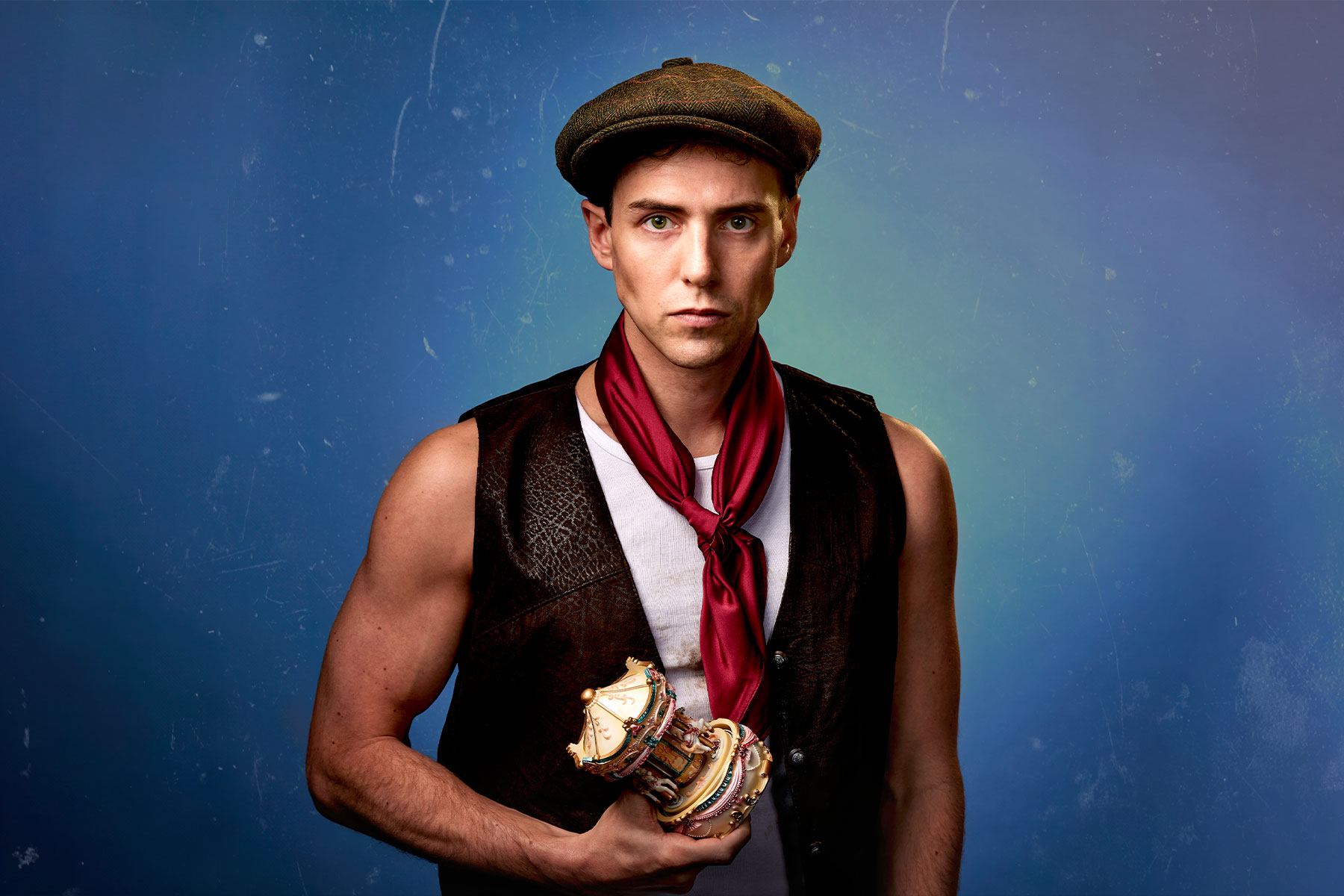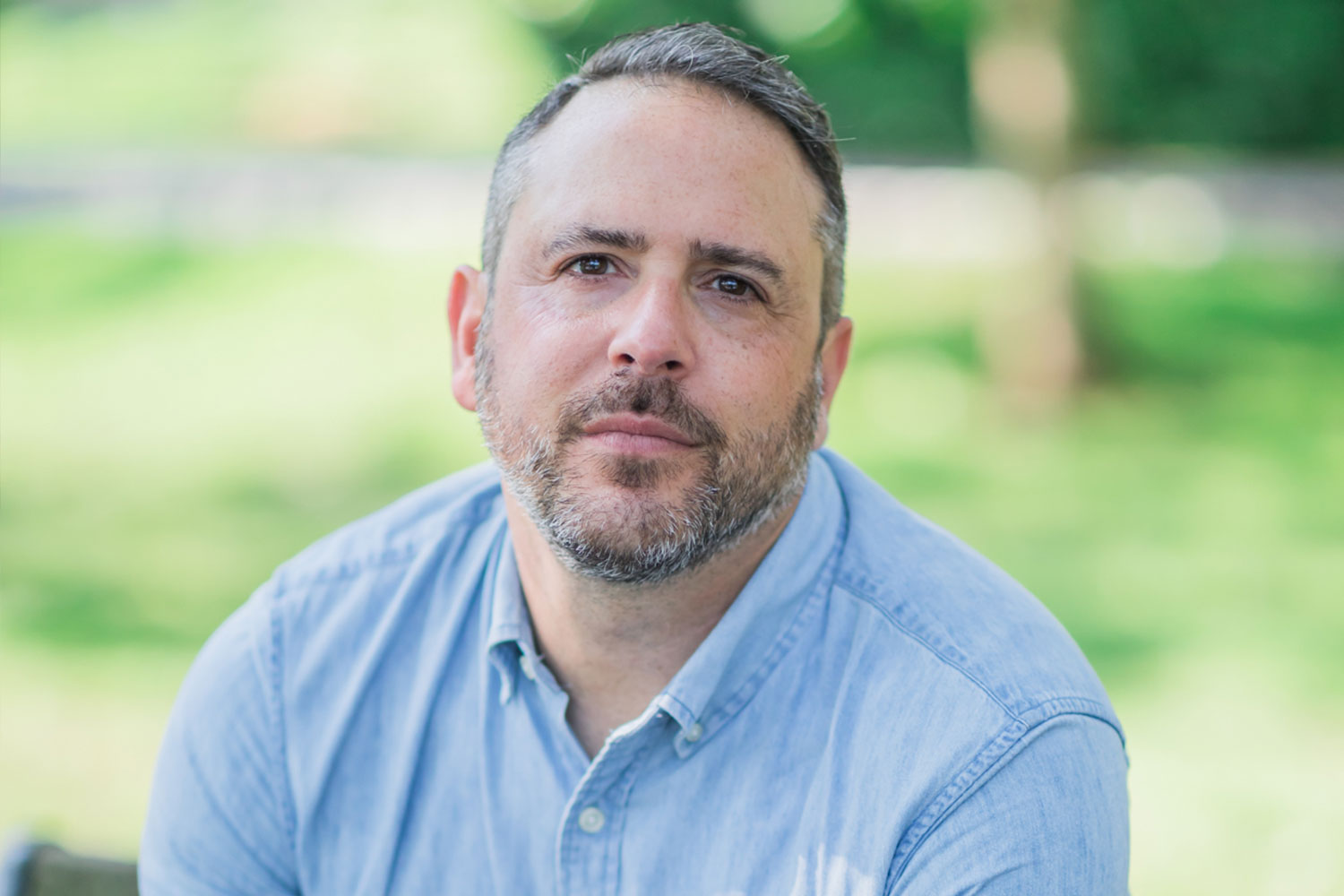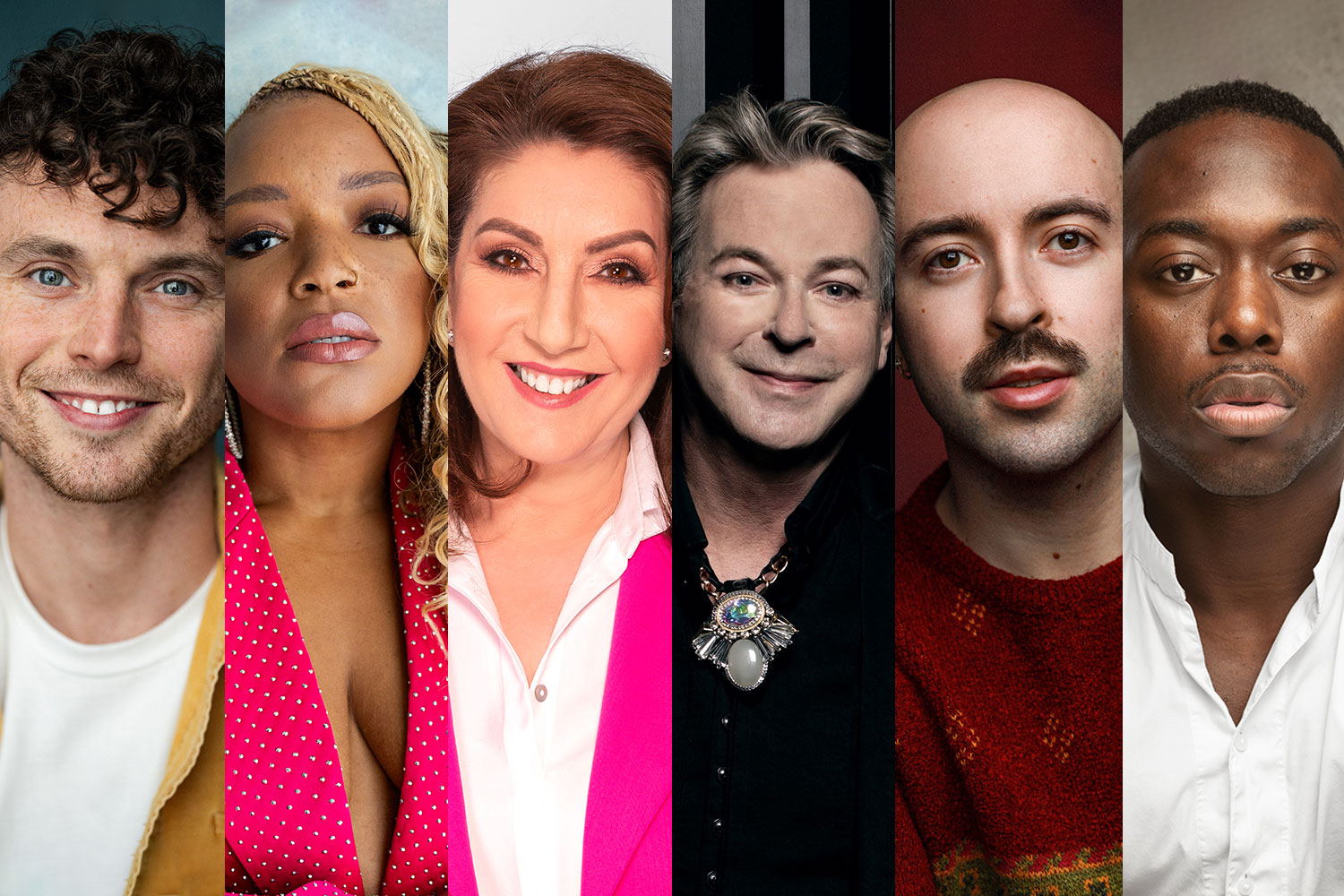Simon McBurney on A Dog’s Heart
Despite being a fine actor in his own right, Simon McBurney is probably best known as founder and artistic director of the theatre group Complicité, which has produced many iconic theatre pieces over the years such as Street of Crocodiles, The Elephant Vanishes, and more recently Endgame.
Like many theatre directors he has been courted over the years by opera company directors to turn his talents to staging opera, but has until this year has steered clear of directing a work for a major opera company. That all changed when he made his operatic debut this summer at the Dutch National Opera when to huge critical acclaim he directed the world premiere of Alexander Raskatov’s A Dog’s Heart. This production is about to be seen at ENO, which stages the UK premiere, so I was lucky enough to catch up with Simon at his north London flat a couple of weeks into rehearsals to try and find out what audiences were in store for and how the project began.
“Well it all stemmed from my relationship with Pierre Audi whom I knew when he ran the Almeida Opera in London in the 80s. We did some pieces of music theatre together then when he moved to Holland he offered me various operas, as other people have, but I never really felt moved to do it, but then I think Pierre felt that he was going to make me do an opera so he followed me all round the world as he wanted me to do this new opera by the Russian composer Alexander Raskatov.”
Audi was determined, and eventually told Simon that he was going to come over and bring the composer with him. This was in 2007, so they duly arrived, Raskatov sat down at the piano in Simon’s flat and played through the score whilst his wife sang all the parts. “I thought to myself, I can’t make head nor tail of this and although I knew A Dog’s Heart (the novel), there were moments in the middle of it of absolute exquisite beauty.” Audi reassured Simon that although he couldn’t decipher everything from a run through on the piano, Raskatov was one of the finest orchestrators he had ever come across and the range of his imagination was second to none. “He told me that the finished product would be startling, theatrical and I would love it.”
It was when he first heard the music for the dog, growled by the composer’s wife using extended vocal techniques that Simon realised that this was “a playground in which I wanted to play, so I said ‘Yes. I’ll do it.’”
From the start, the whole collaborative process involved everyone and once Simon began to look at the libretto he realised that it was too long and extremely conventional in its plotting so suggested that they do some workshops. “I listened to all of the scenes one by one and realised that I would have to apply some dramaturgical rigour to some of them.” The first thing to get grips with was the dog and how that would be presented on stage, although the composer had come up with a clever solution and split the role into two parts which mirrors the way it’s represented in the novel, as one side of its character is very aggressive and dog-like and the other is more reflective and introverted. “So the unpleasant voice is provided by a woman with a megaphone playing the masculine side whilst the more gentle side is voiced by a countertenor , being played by a man which gives it a nice sense of ambiguity.”
Simon was convinced that in order for the first act to make dramatic sense the dog would need to have a physical presence, as this was not originally part of the plan, “So I thought, how are we going to portray the dog? I’ve had a lot of experience of animating objects in my theatre pieces, so I wanted us to create a puppet dog. We experimented, invited a set of puppeteers to work with us called Blind Summit, and the dog was born.”
Dramaturgical problems still remained as the second half of the opera was still too long, and although it was brilliant, in Simon’s eyes “it just wouldn’t work”, so one of the scenes was shifted into the crazy opera buffa climax to the first act which he describes as “Rossini on acid” and then the second act was re-jigged, cut and shaped so that the narrative drive became clearer. “We both felt that when you have a new piece, you have to get the dramaturgy right, as not getting it right tends to be the thing that lets down many new operas.”
Musically A Dog’s Heart is the successor in a long line of satirical Russian works for the stage that began with Shostakovich’s Lady Macbeth of Mtsensk and The Nose which then led to Schnittke’s Life with an Idiot and now Raskatov is carrying the torch for that tradition. “Not only does the score have a brilliant musical architecture as you build up a kaleidoscope of amazing sounds which really do form very wonderful climatic moments in the piece, but all along the music is muscular, graphic, yet shot through with moments of extraordinary beauty and then crazy colours and movements within it. This means that as a director you are constantly led through the whole piece. If you listen, you can hear what the relationship between the characters is, so therefore you have a choice as a director to follow that, or go against it, but in this case I have gone with what the composer is telling me to do.”
A Dog’s Heart promises to engage all the senses and will be one of the most exciting new operas to be seen in London in the last few years.
A Dog’s Heart opens at ENO on Saturday 20 November. www.eno.org.










